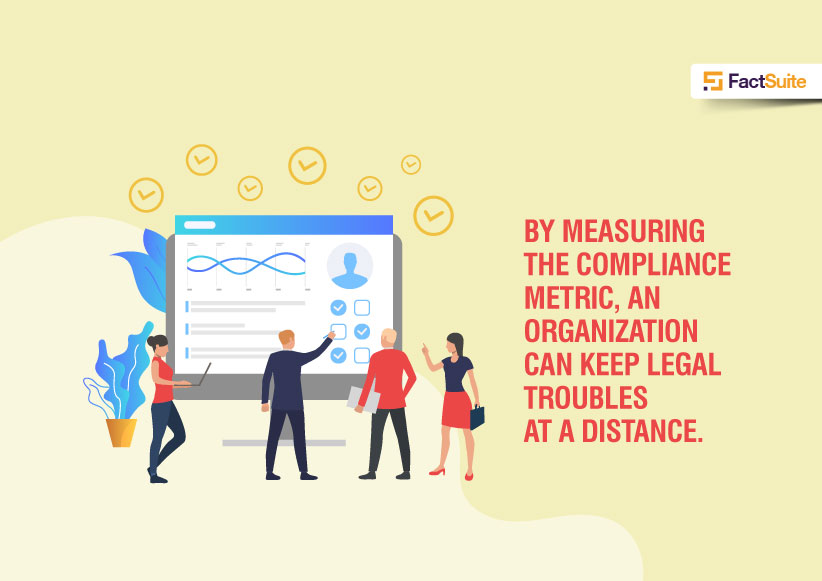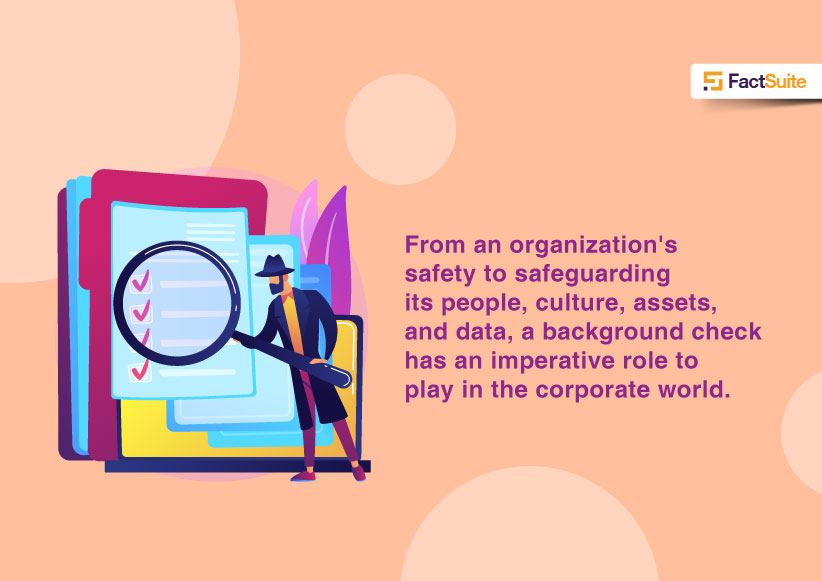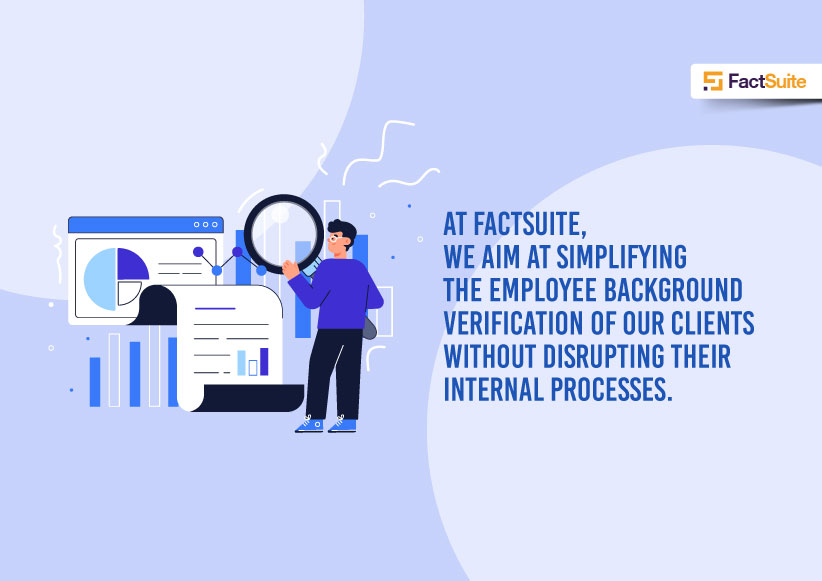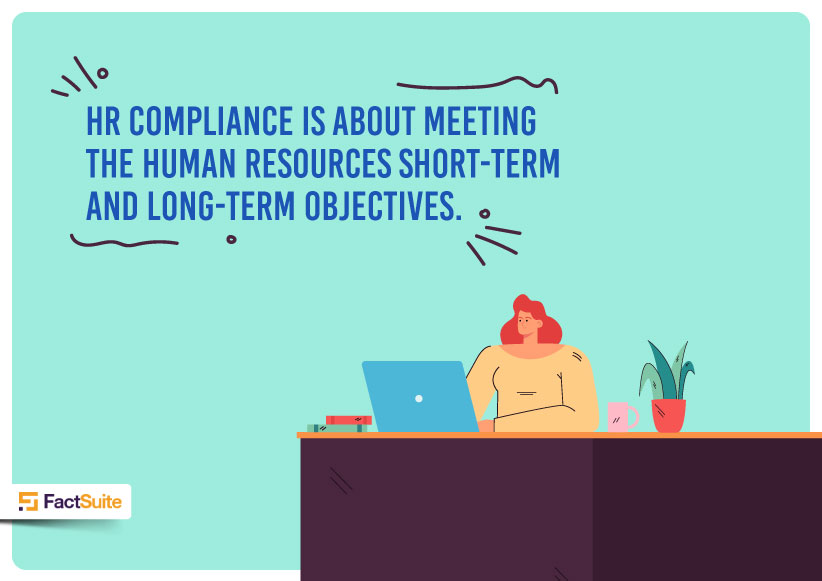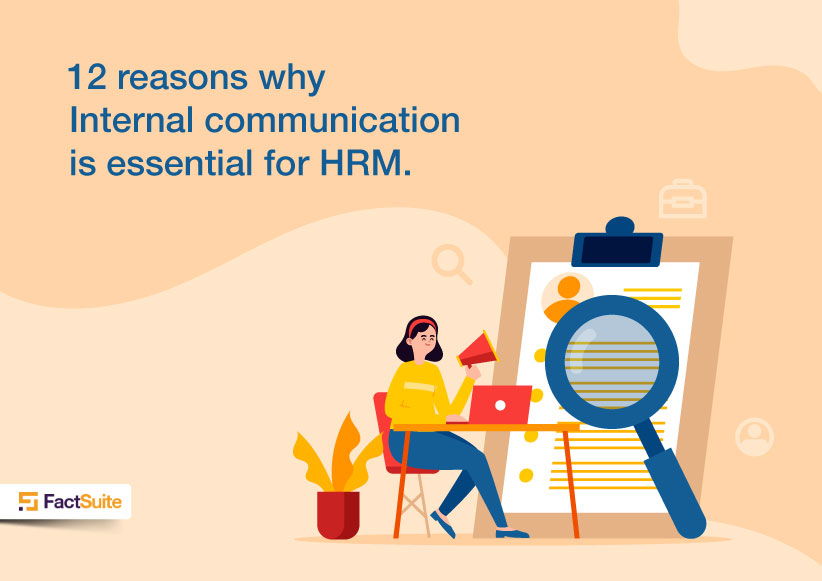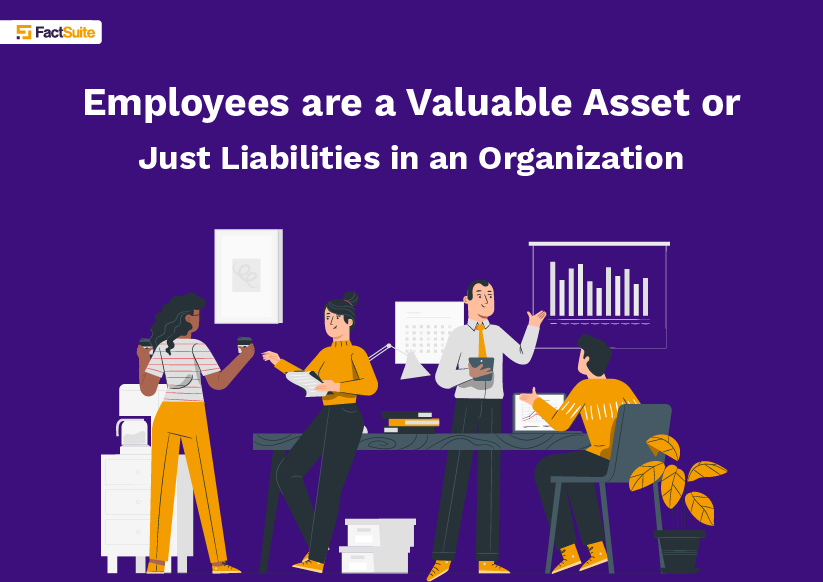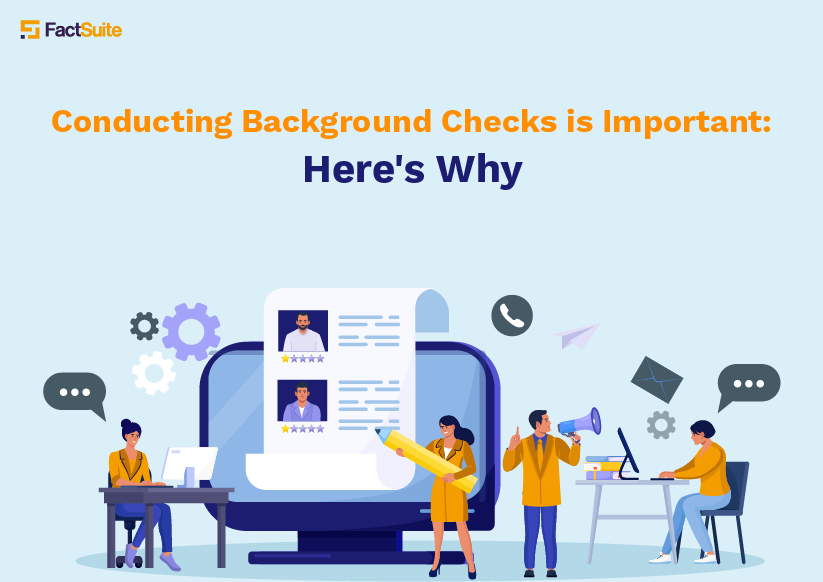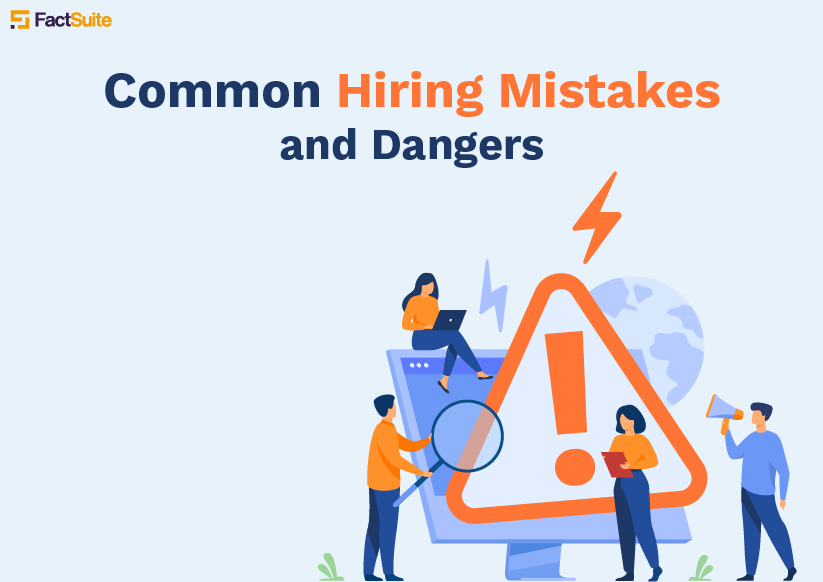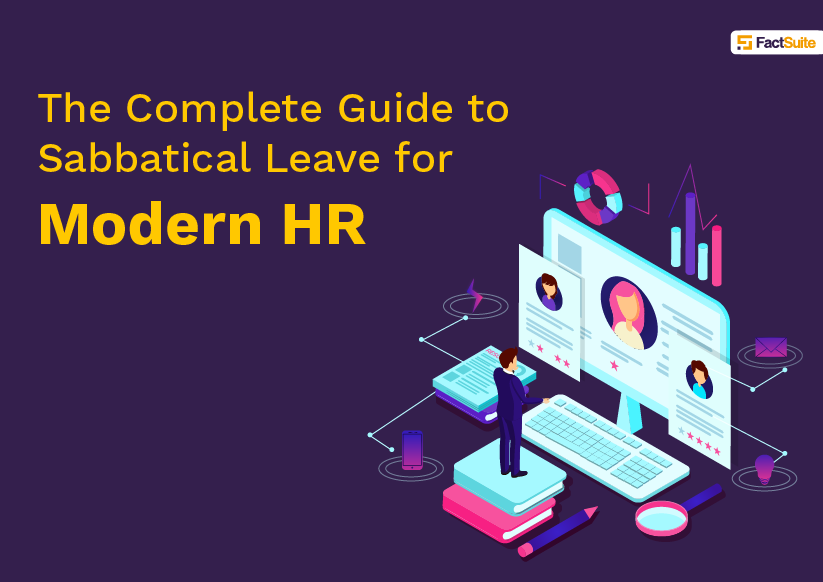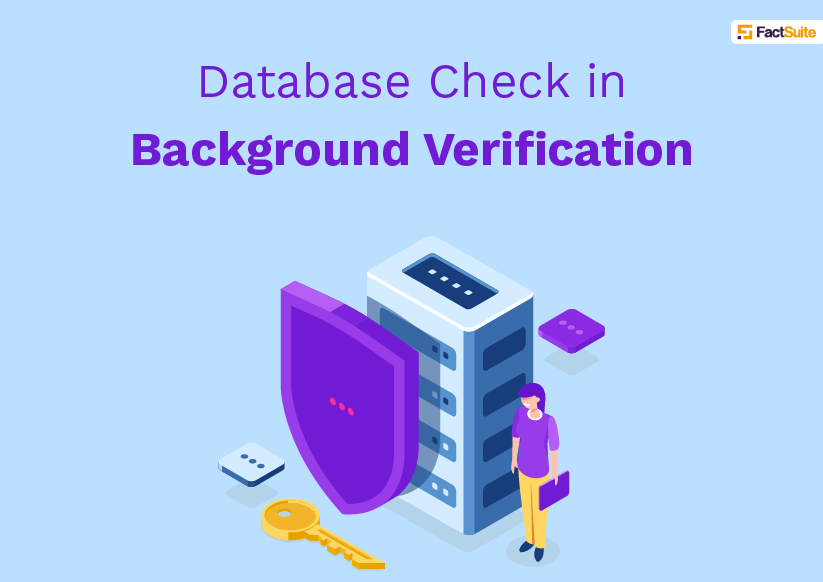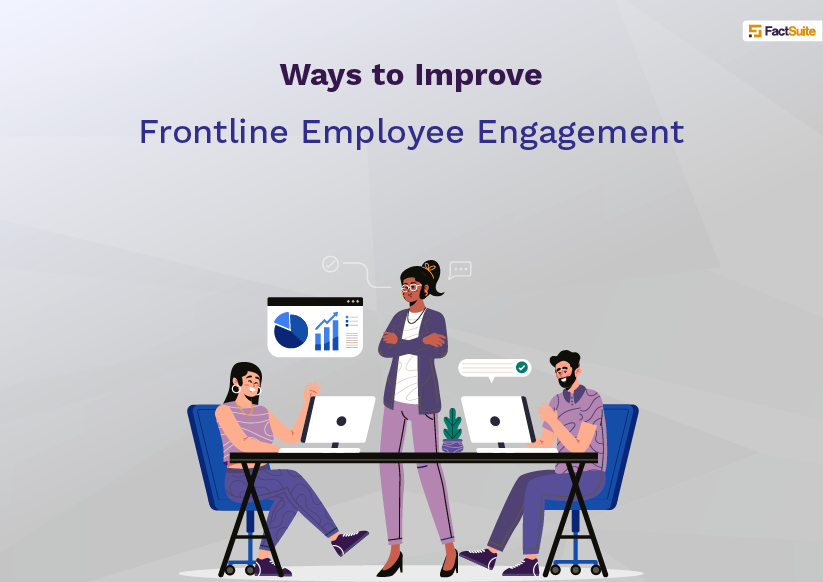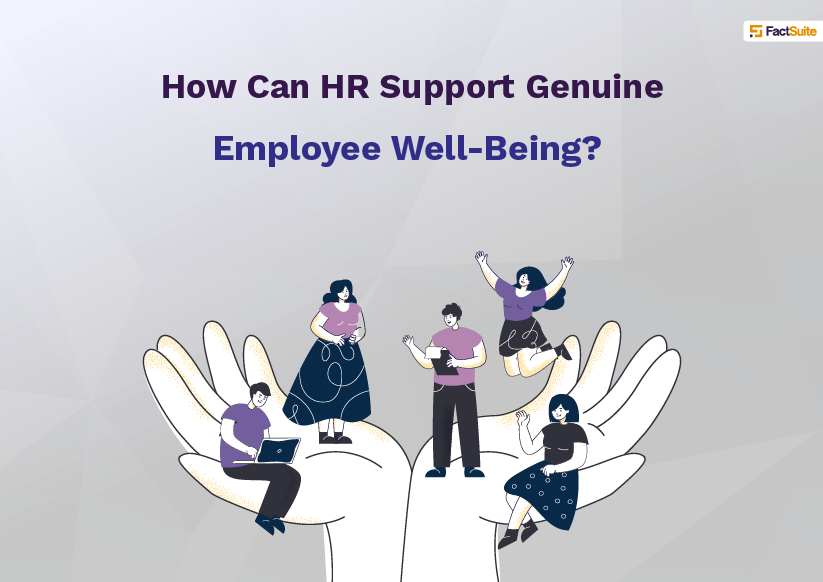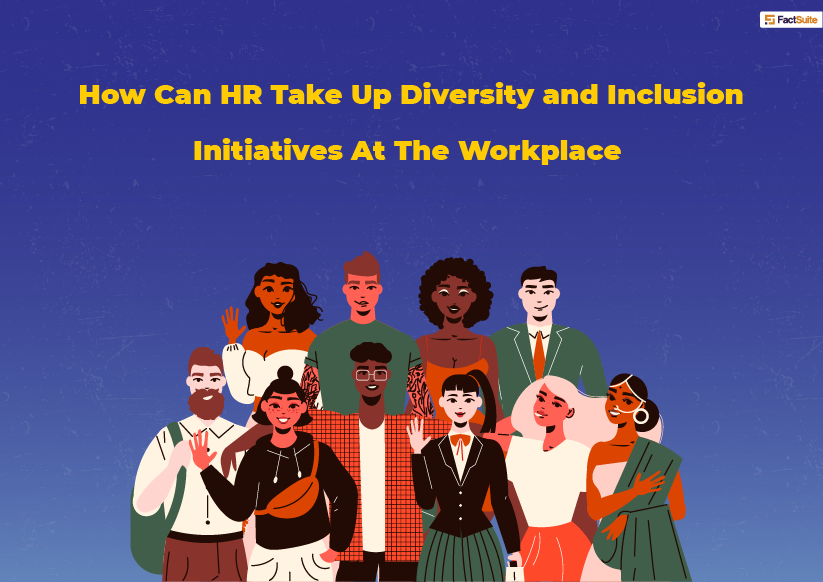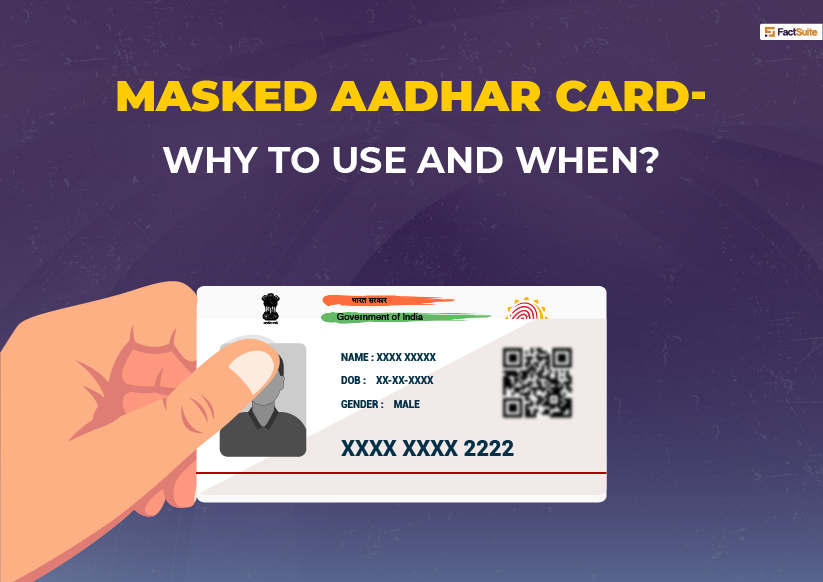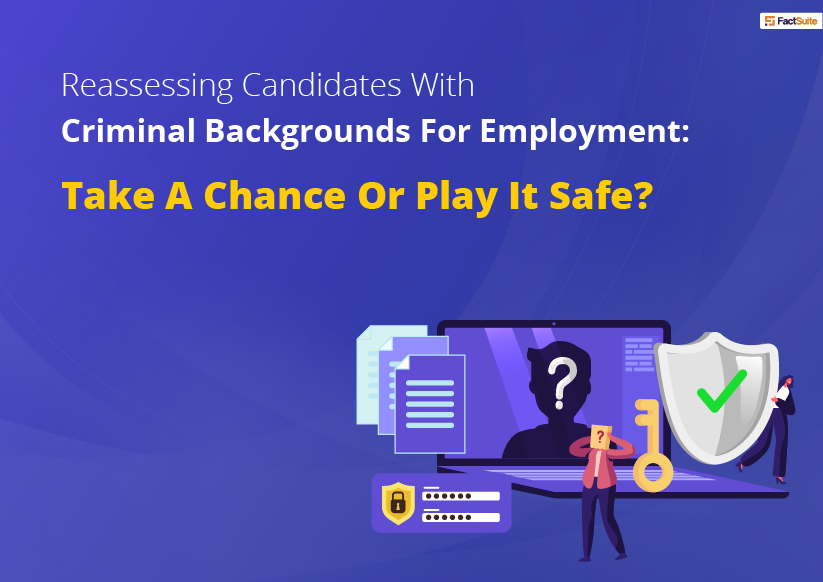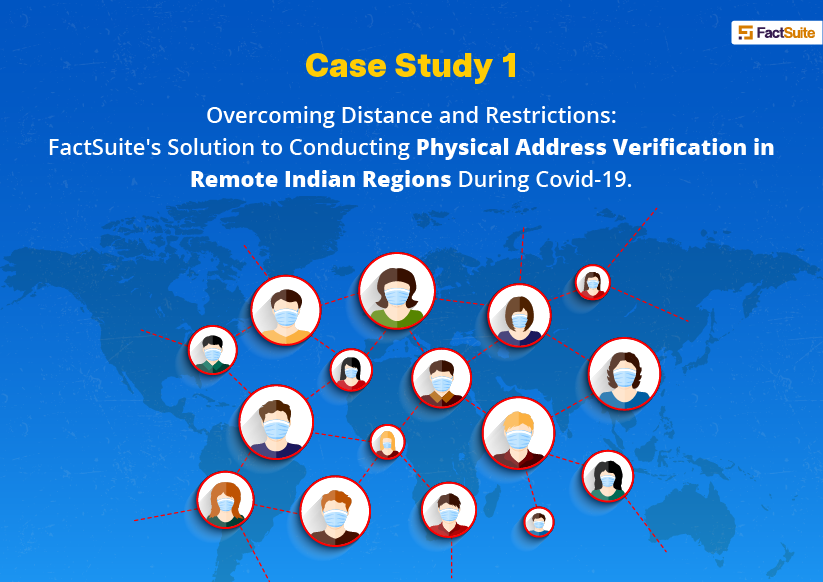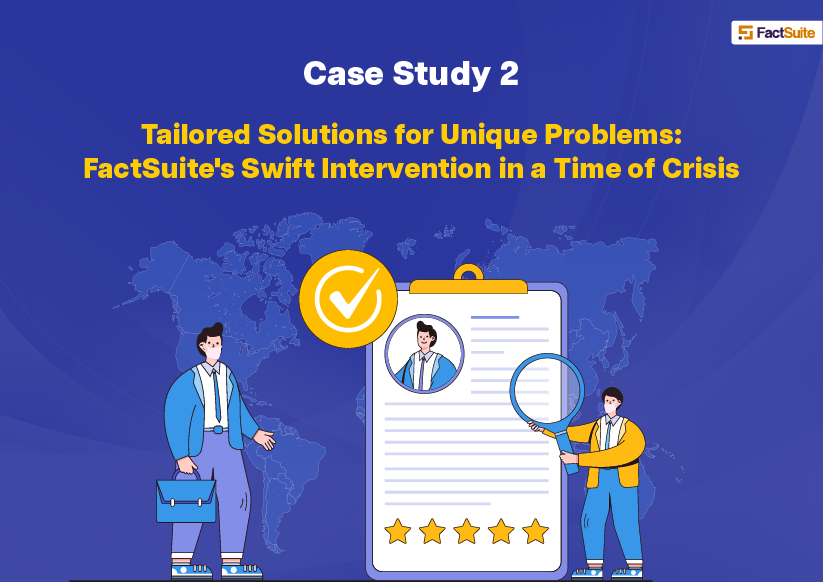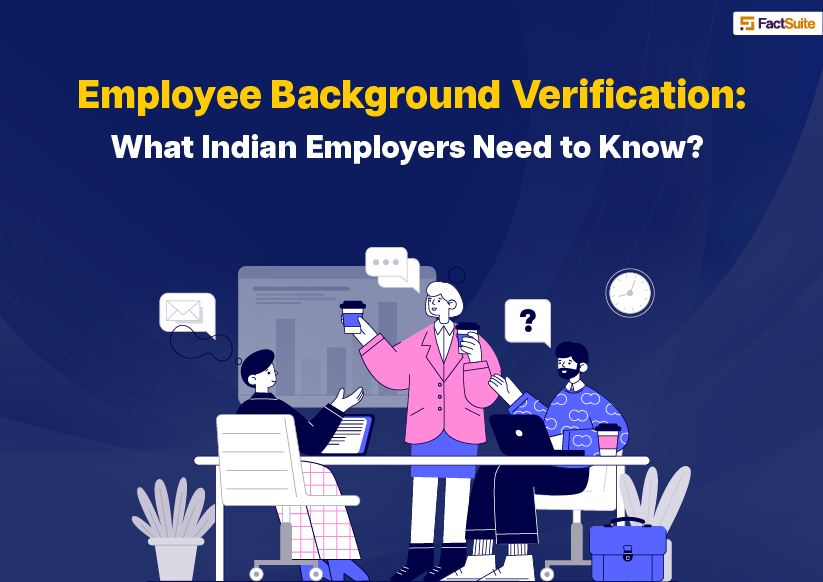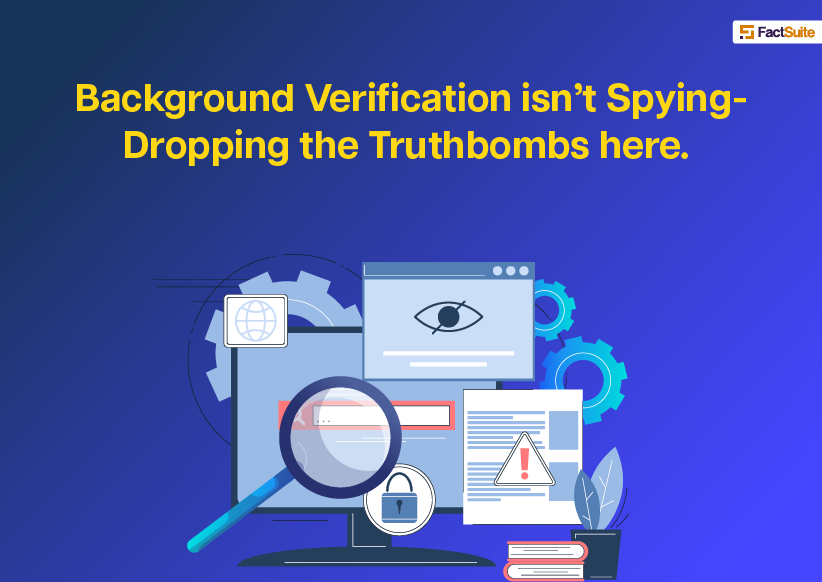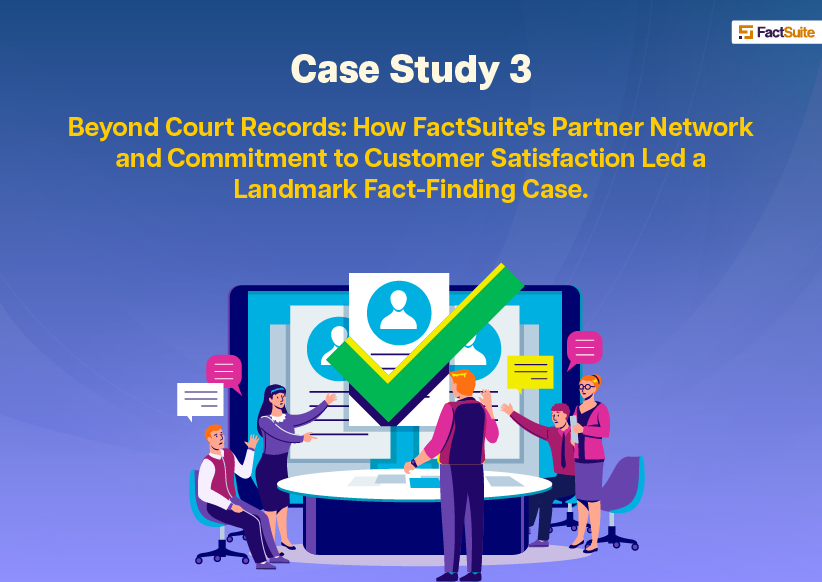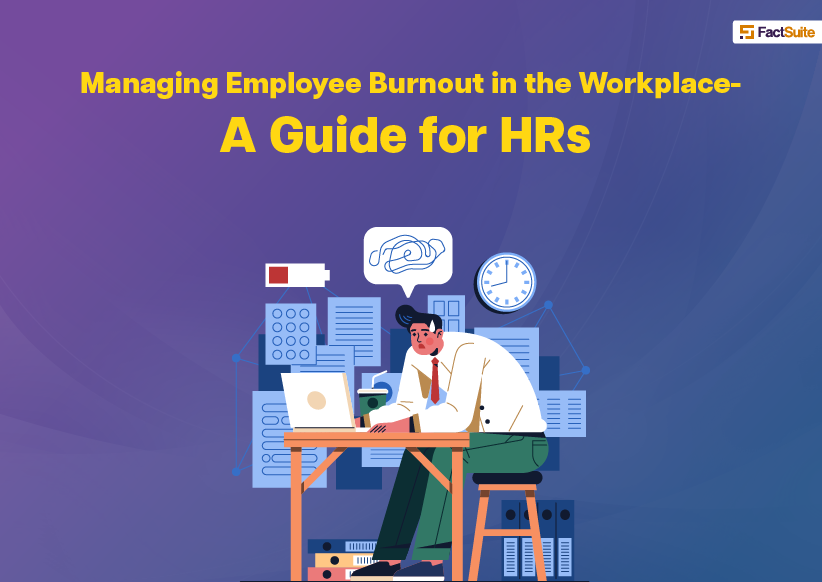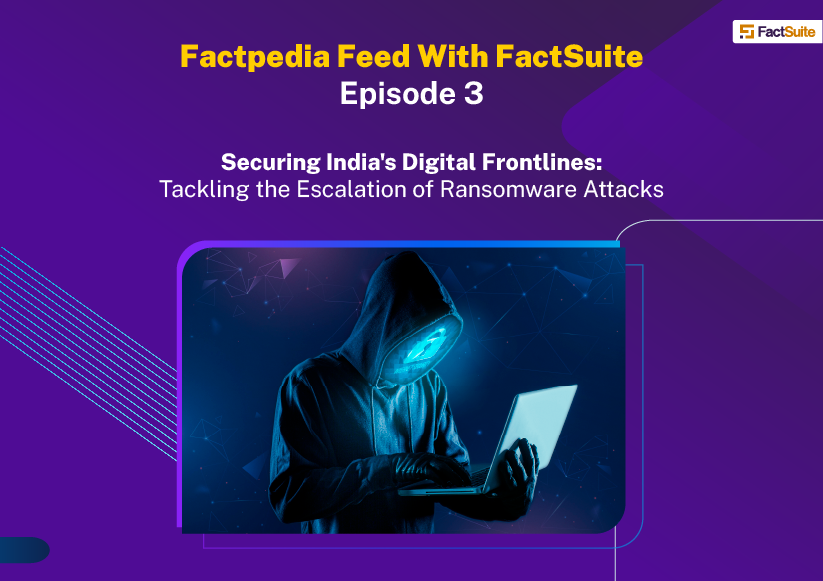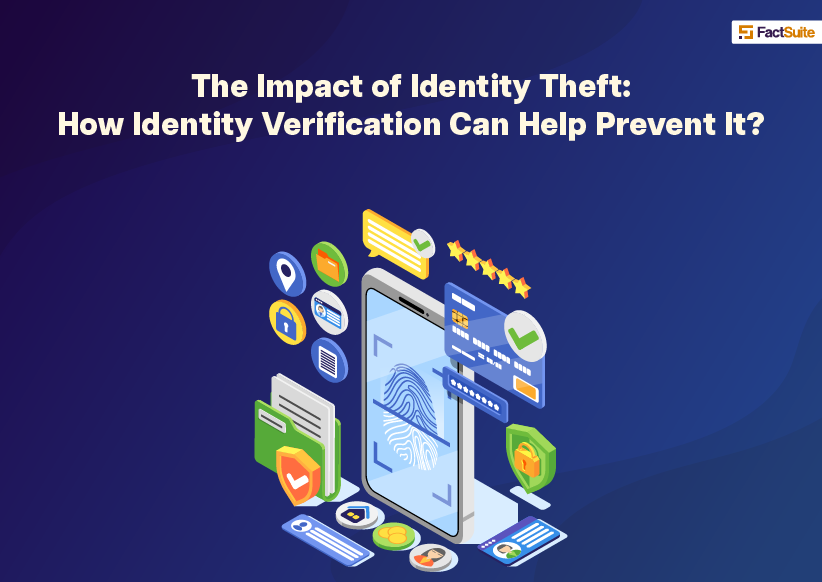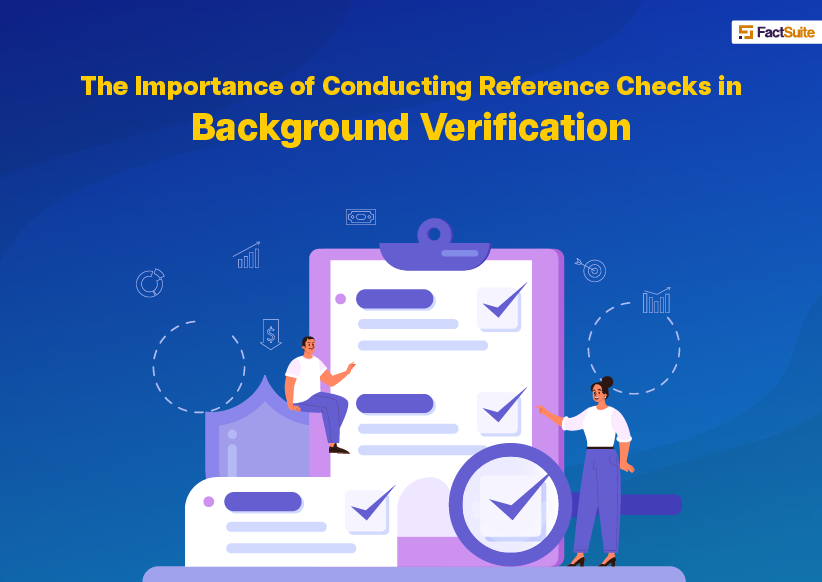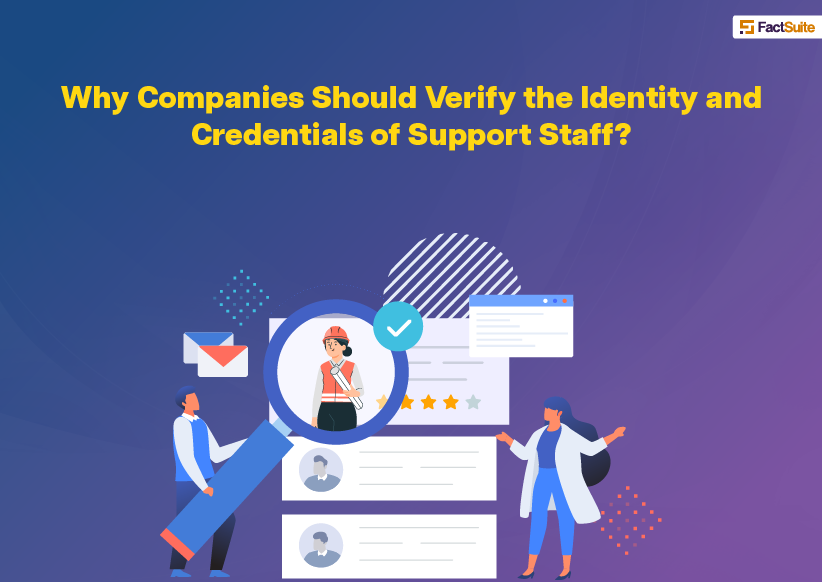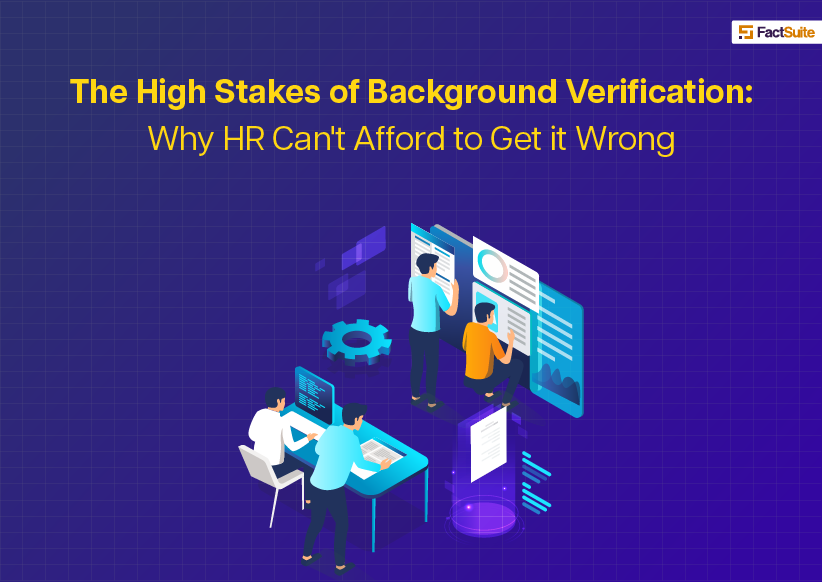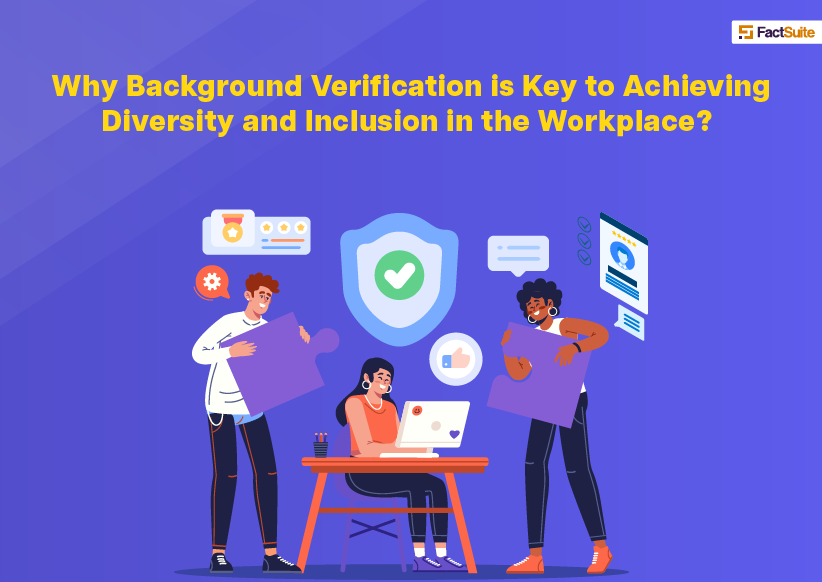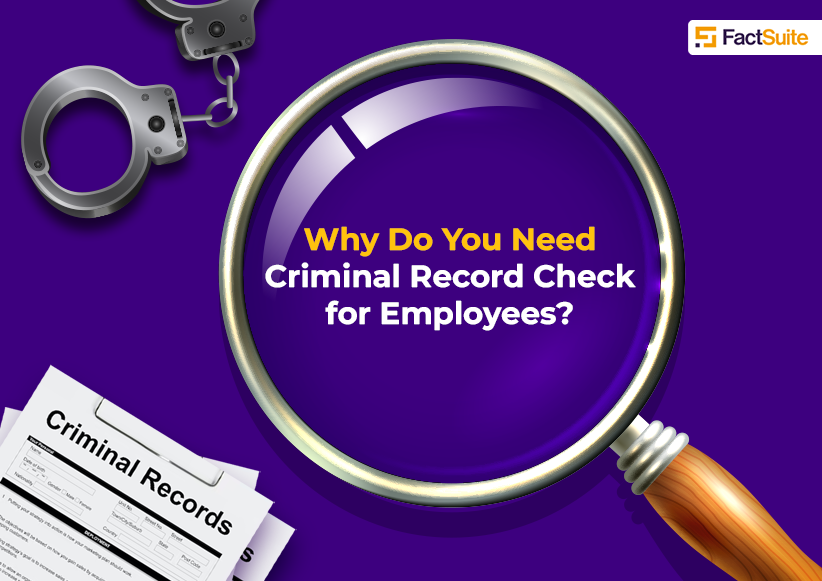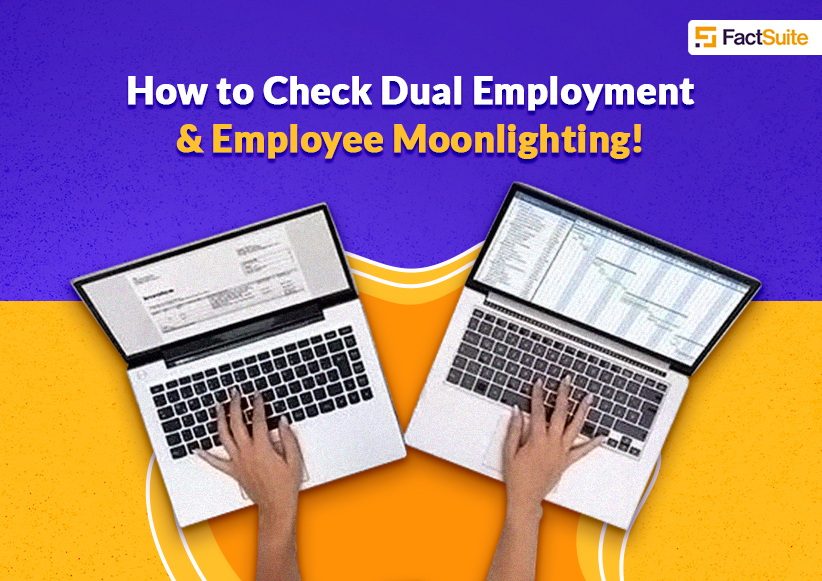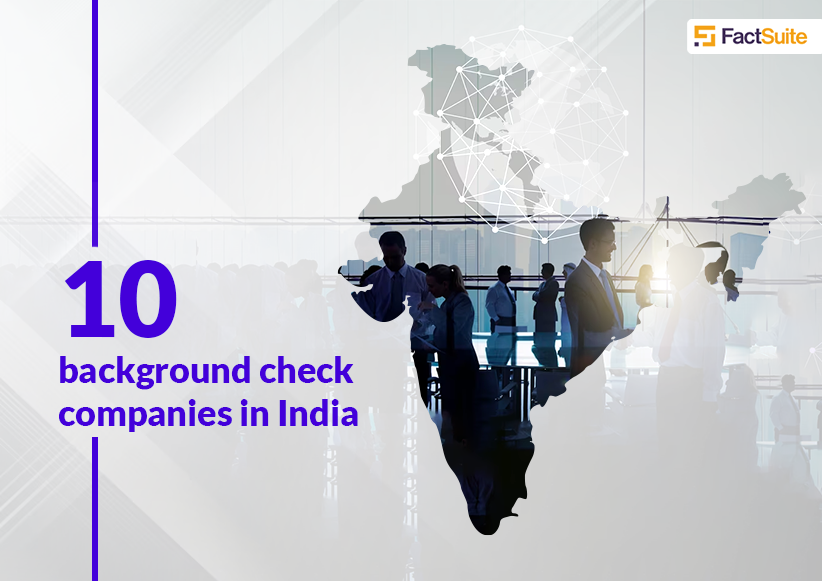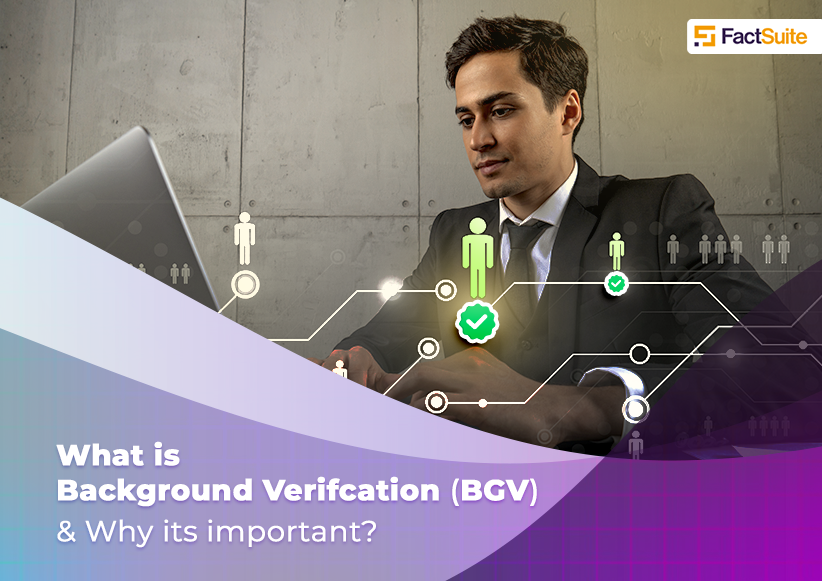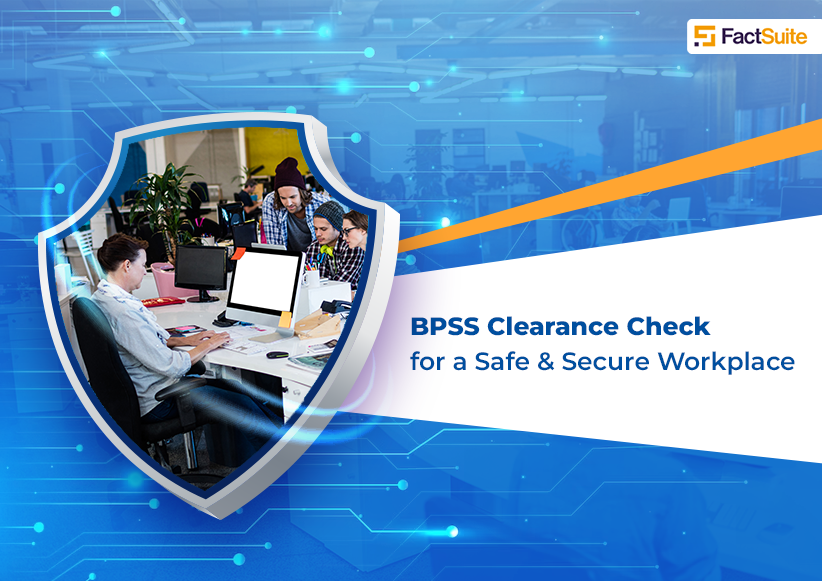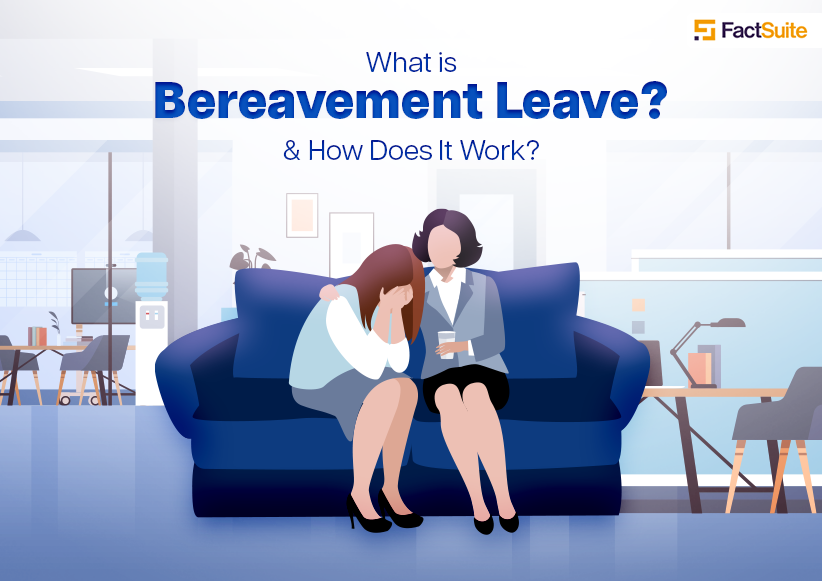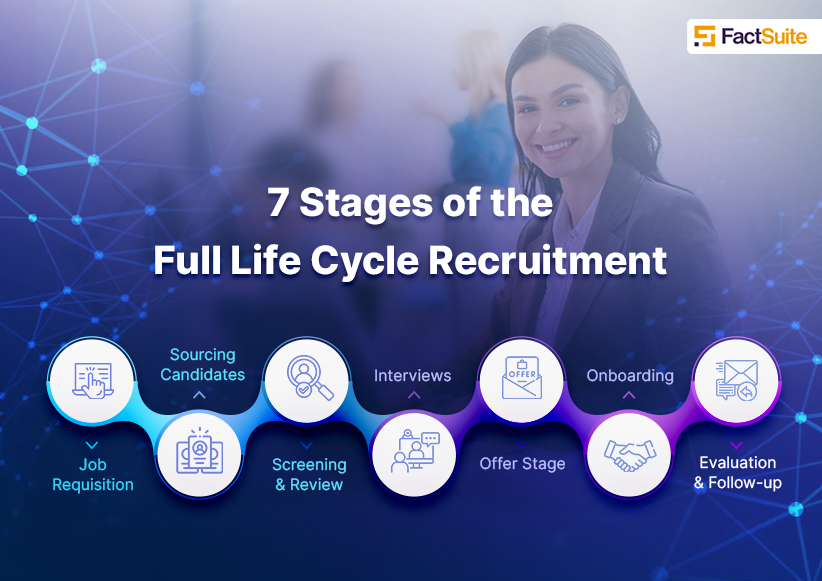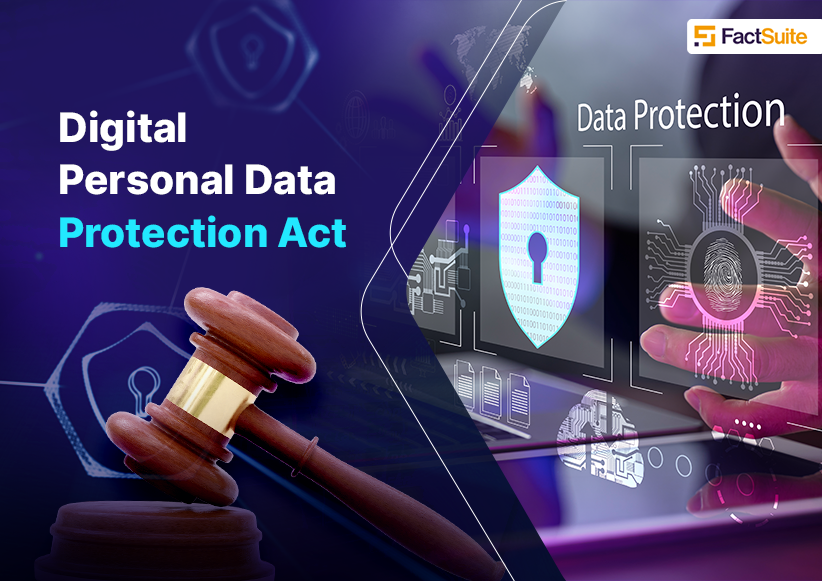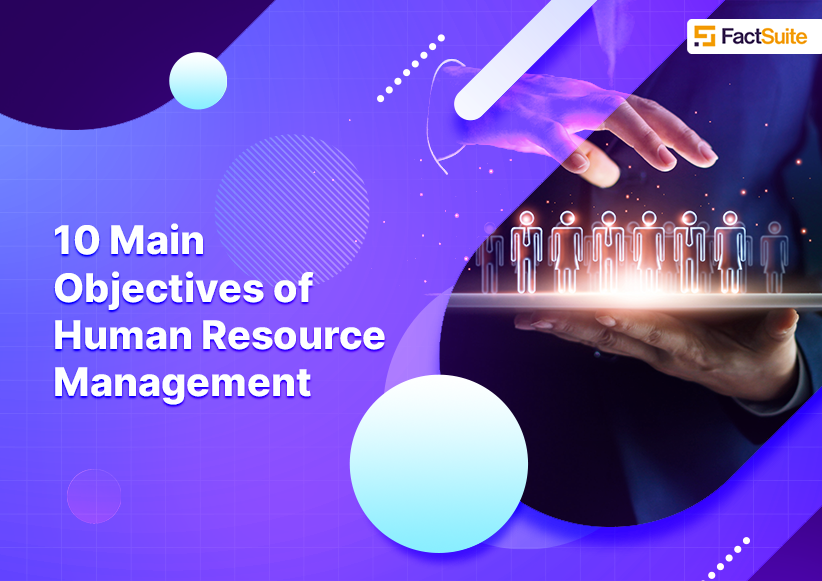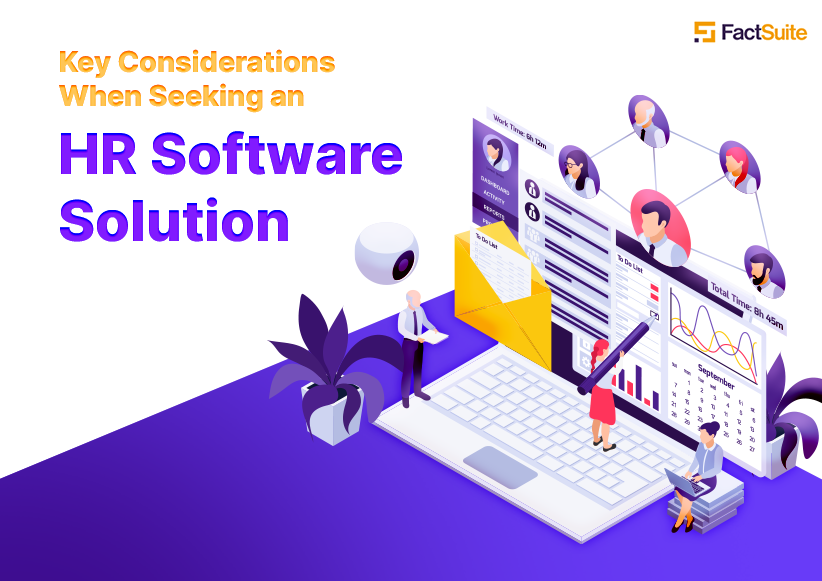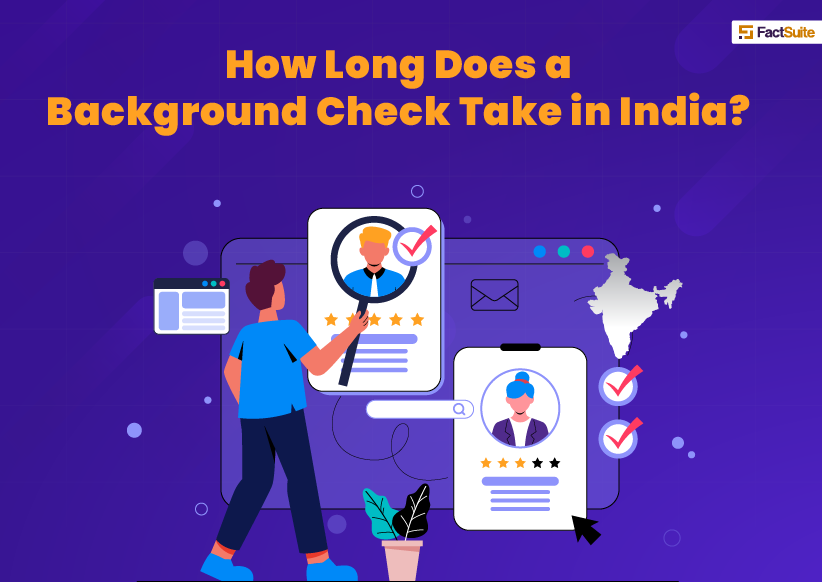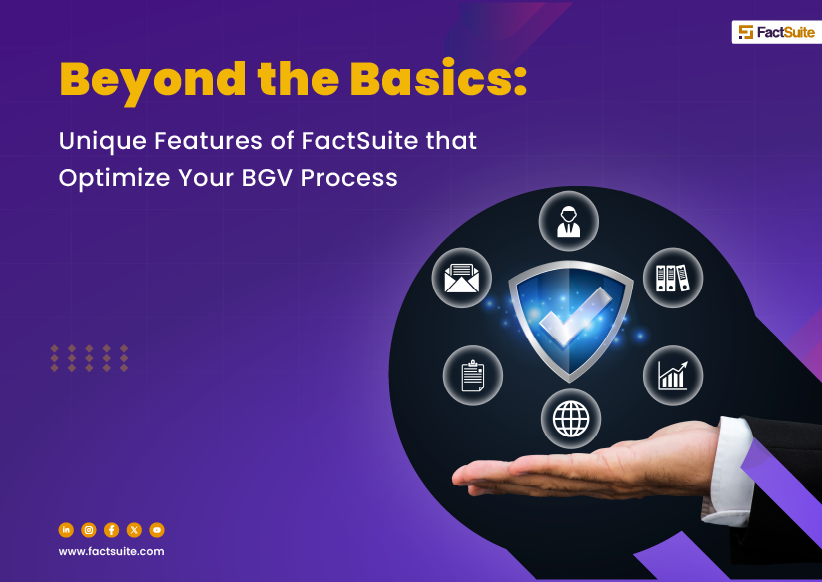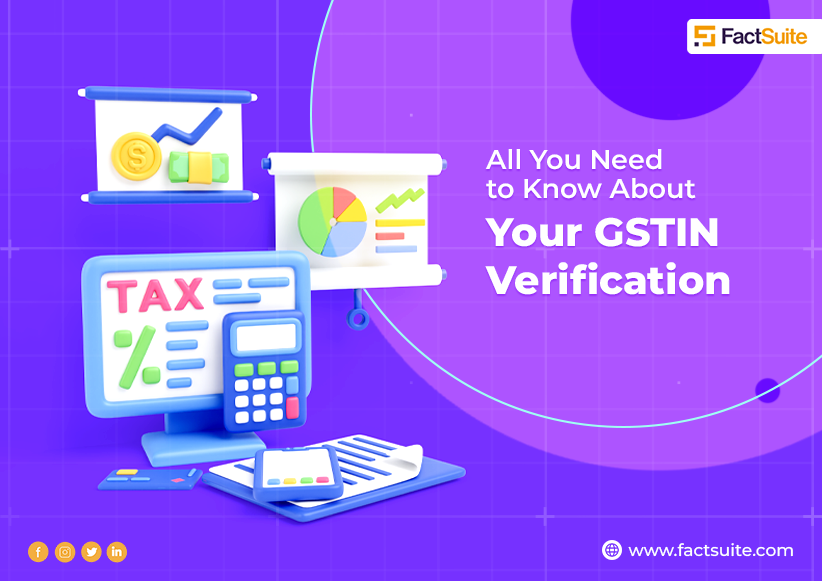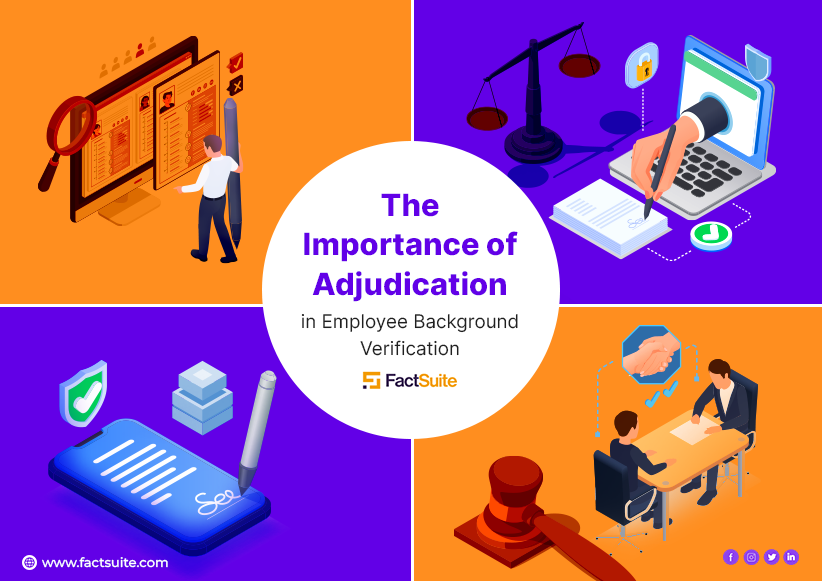What is BPSS? EVERYTHING YOU NEED TO KNOW ABOUT BPSS

In an age of heightened security concerns, organizations and government agencies have implemented various measures to ensure the trustworthiness of their personnel. The Baseline Personnel Security Standard (BPSS) plays a crucial role in this endeavor, but what exactly is BPSS, and why is it essential? This blog will unravel the mysteries surrounding BPSS, from its meaning to BPPS necessity and what it investigates.
Table of Contents
1. What Is a Baseline Personnel Security Standard (BPSS)?
2. Who Needs It and What Does It Provide Access To
3. What Might BPSS Investigate?
4. BPSS Check of A Person’s Right To Work And Identity
5. BPSS And Criminal Background Checks
6. BPSS Check for Your Company’s Safety
7. FAQs
- What Is the Difference Between DBS And BPSS?
- How Do I Get A BPSS?
- What Is the Role Of BPSS?
- What Information Does the BPSS Collect?
8. Conclusion
What is Baseline Personnel Security Standard (BPSS)?
The Baseline Personnel Security Standard (BPSS) is a recognized benchmark for pre-employment screening of individuals who will have access to government assets. BPSS meaning essentially is that it is not a formal security clearance, it is a stringent and consistent prerequisite that underpins the national security vetting process at various levels, including CTC, Level 1B, SC, and DV clearances.
Who Needs It and What Does It Provide Access To
BPSS is essential for a wide range of individuals with access to government assets, including:
- Civil Servants: All individuals working within government departments and ministries.
- Members of the Armed Forces: Military personnel involved in government-related activities.
- Temporary Staff in Departments: Short-term or contract-based employees within government departments.
- Government Contractors: Individuals contracted by the government for various projects.
Having BPSS clearance grants access to UK OFFICIAL assets and, on occasion, UK SECRET assets. It is crucial for those working in areas where SECRET and TOP SECRET information may be inadvertently disclosed. Moreover, BPSS is a requirement for individuals needing access to the Public Services Network (PSN).
What Might BPSS Investigate?
BPSS involves a comprehensive set of checks and verifications, including:
- Identity: Verification of the applicant's identity, ensuring it aligns with provided documents such as passports and driver's licenses.
- Employment History: A review of the past three years of the applicant's employment history to validate their work experience and commitments.
- National and Immigration Status (Right to Work): Verification of an individual's legal right to work in the UK and their national and immigration status.
- Unspent Criminal Record: A check for any unspent criminal convictions, pending charges, or associations with criminal activities.
- Time Spent Abroad: Individuals are required to provide a reasonable account of any significant periods spent abroad, particularly totaling six months or more within the past three years.
Beyond the BPSS meaning at face value, certain organizations may include additional inquiries such as health checks as part of their recruitment process, depending on the specific requirements of the role.
BPSS Check of A Person’s Right To Work And Identity
One of the primary components in understanding BPSS meaning is the verification of an individual's right to work and identity. This check ensures that the applicant is legally authorized to work in the country and that their identity aligns with the provided documents, such as passports and driver's licenses.
BPSS And Criminal Background Checks
Criminal history is a significant concern when assessing an individual's suitability for roles that require BPPS necessity clearance. BPSS essentials includes a thorough examination of an individual's criminal background, looking for any convictions, pending charges, or associations with criminal activities.
BPSS Check for Your Company’s Safety
BPSS essentials goes beyond individual security; it extends to the safety and integrity of your organization. By ensuring that personnel with access to sensitive information meet the BPSS clearance standard, you protect your company's interests and sensitive data.
Incorporating BPSS essentials checks as part of your company's security policies is essential. It not only safeguards your data but also demonstrates a commitment to security, which can be crucial for building trust with clients and partners.
FAQs
-
What is the difference between DBS and BPSS?
BPPS necessity checks are primarily concerned with an individual's criminal history and suitability to work with vulnerable groups, such as children or vulnerable adults. On the other hand, BPSS focuses on verifying the trustworthiness and integrity of individuals seeking employment in roles with access to government assets and sensitive information. While DBS checks are relevant in various sectors, BPSS is primarily associated with government, defense, and organizations with national security concerns.
-
How do I get a BPSS?
Obtaining a Baseline Personnel Security Standard (BPSS) typically involves a structured process. If your employer or organization requires you to obtain BPSS clearance, they will guide you through the BPPS necessity process. Generally, it includes the following steps:
- Application: Your employer will provide you with the necessary application forms and guidance.
- Documentation: You'll need to submit documents such as proof of identity, employment history, and right to work.
- Criminal Record Check: A criminal background check will be conducted to identify any past convictions or pending charges.
- Reference Checks: Your provided references will be contacted to assess your character and suitability.
- Address Verification: Verification of your current and previous addresses.
- Financial History: A review of your financial records to assess financial stability.
- Nationality and Immigration Status: Verification of your right to work in the country.
- Time Spent Abroad: Providing an account of significant periods spent abroad.
The exact process may vary depending on your employer and the specific requirements of your role.
-
What is the role of BPSS?
The primary role of the Baseline Personnel Security Standard (BPSS) is to assess the trustworthiness and suitability of individuals seeking employment in roles with access to government assets and sensitive information. BPSS ensures that such individuals meet a baseline level of security and integrity. It is not a formal security clearance but serves as the foundation for more advanced clearances.
The role of BPSS is to protect national security and safeguard sensitive data by ensuring that personnel in these roles do not pose a security risk. It provides the initial level of security clearance, setting the standard for trustworthiness in secure environments.
- What information does the BPSS collect?
BPSS collects data like identity, criminal history, employment history, references, addresses, financial history, nationality and immigration status, and time spent abroad to evaluate trustworthiness for roles involving sensitive information and national security.
Conclusion
In the world of heightened security concerns, BPPS necessity is the cornerstone of trustworthiness for individuals seeking employment in secure roles. BPSS ensures that they meet rigorous standards for identity verification, criminal background checks, and right to work, protecting both national security and your organization's interests.
Whether you're an individual looking to work in secure roles or an organization seeking to enhance its security measures, understanding the essentials of BPSS is vital. Embracing BPSS is not just a necessity; it's a commitment to safeguarding sensitive information, your company's reputation, and the nation's security.

